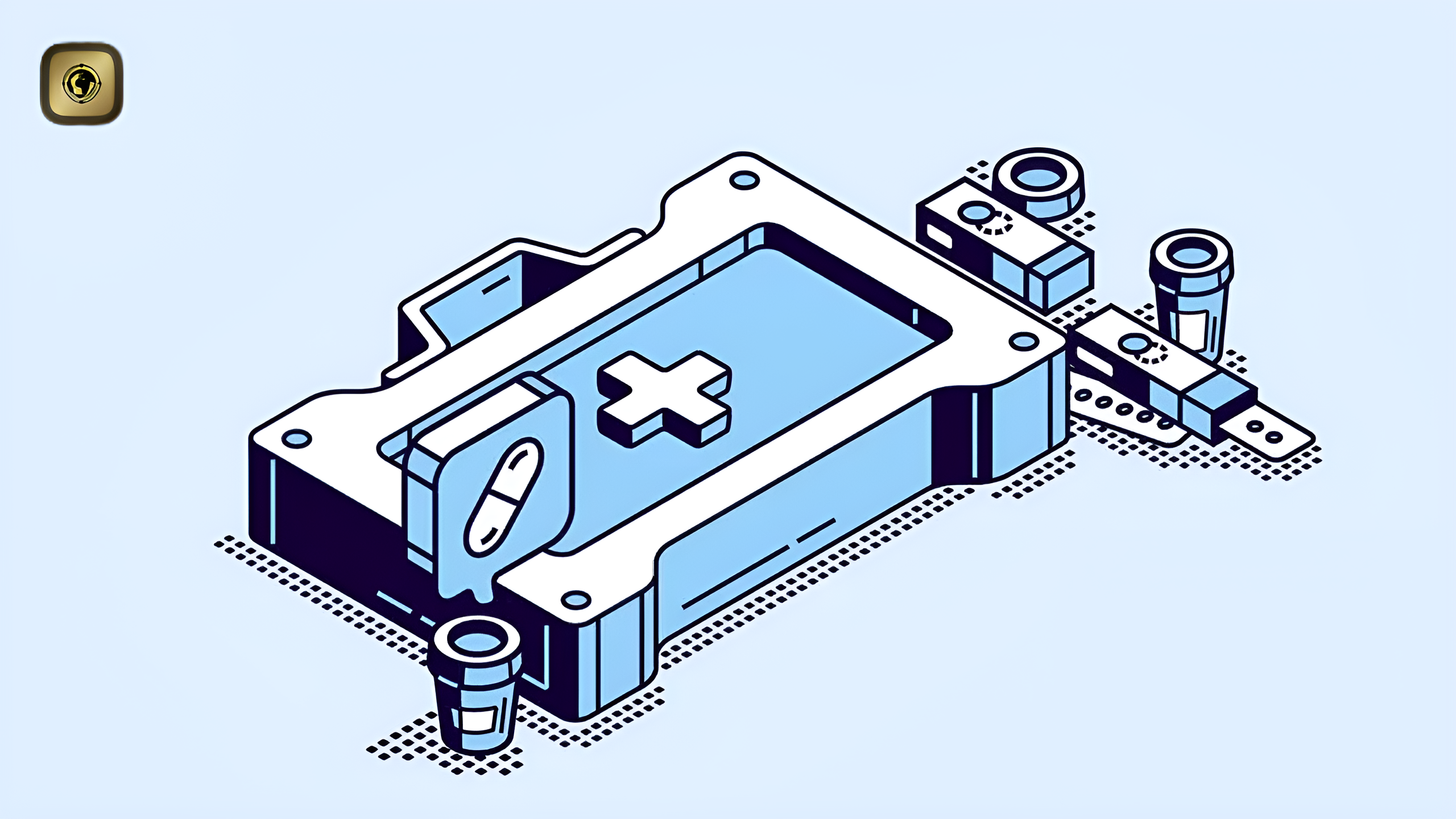March 29, 2025
With the rising incidence of cancer, stroke, kidney failure, heart attacks, and other comparable illnesses, having a health insurance policy has become essential. However, health insurance plans alone may not suffice, and it’s important to enhance their coverage. In such situations, a critical illness insurance policy is the next best option to safeguard your and your family’s health.
What is a Critical Illness Insurance Policy?
A critical illness insurance policy is a type of medical insurance plan that covers diseases of significant severity. These plans may be purchased as a standalone option or added as a rider to your primary insurance policy.
How Do Critical Illness Insurance Plans Operate?
Unlike conventional health insurance policies, critical illness insurance operates with a distinct payout mechanism. These plans provide a lump sum payment upon the diagnosis of covered critical illnesses. Unlike traditional health insurance, which reimburses expenses after they have been incurred, critical illness insurance disburses the sum assured in advance. This payout can be used for treatment and can also cover other financial requirements. The lump sum can help with post-treatment expenses or even other financial obligations, offering peace of mind during critical times.
Factors to Consider When Comparing Critical Illness Insurance in India
Life-threatening diseases can deplete your savings, so it’s wise to evaluate the various features of critical illness plans before selecting one that meets your needs. Here are the top ten factors to consider when comparing critical illness insurance plans:
- Sum Assured: The sum assured is one of the most important aspects when purchasing a critical illness policy. It should be sufficient to cover your treatment costs, outstanding loans, and your family’s basic needs if you are the primary earner.
- Illnesses Covered: Make sure the policy covers the illnesses that are most relevant to your health history. If a specific illness runs in your family, verify that it is included in the coverage.
- Renewability Option: Look for policies that offer lifelong renewability. Some insurance providers impose age restrictions or limit renewals after a certain number of years. It’s essential to have continued coverage, especially as you age and become more vulnerable to critical illnesses.
- Age of the Insured: Older adults are generally more susceptible to health issues, so a comprehensive critical illness policy can provide vital support during retirement years.
- Waiting Period: The waiting period is the duration during which your policy will not cover claims. Different providers have different waiting periods, so ensure you understand this term before purchasing the policy.
- Sub-Limits: Some policies have sub-limits, which cap the amount of coverage for certain diseases or treatments. Check the sub-limits to ensure the policy provides adequate coverage for the illnesses you’re concerned about.
- Claim Procedure: Review the claims process carefully. A policy with a simple and quick claims procedure will be beneficial during a medical emergency. Avoid policies with complicated paperwork that can delay the settlement.
- Claim Settlement Ratio (CSR): The claim settlement ratio is an important indicator of an insurer’s reliability. It shows the percentage of claims that were successfully settled by the insurer. Check the CSR for the insurance company to gauge how likely your claims will be honored.
- Survival Clause: Every critical illness policy contains a survival clause. This clause dictates that the insured must survive for a specified period after being diagnosed with the illness to receive the payout. The duration of this clause can vary across policies, so it’s important to compare these terms.
- Standalone vs. Additional Rider: Critical illness policies can be bought as standalone products or as additional riders to your health insurance plan. Standalone policies typically offer higher coverage amounts and more flexibility, while riders are usually cheaper but may have lower coverage and fewer benefits.
The Bottom Line
Critical illness insurance plays a vital role in reducing the financial strain caused by severe health conditions. When comparing different policies, take into account your income, age, and personal financial obligations. By selecting the right critical illness policy, you can ensure better financial protection for yourself and your loved ones during times of health crises.



Leave A Comment